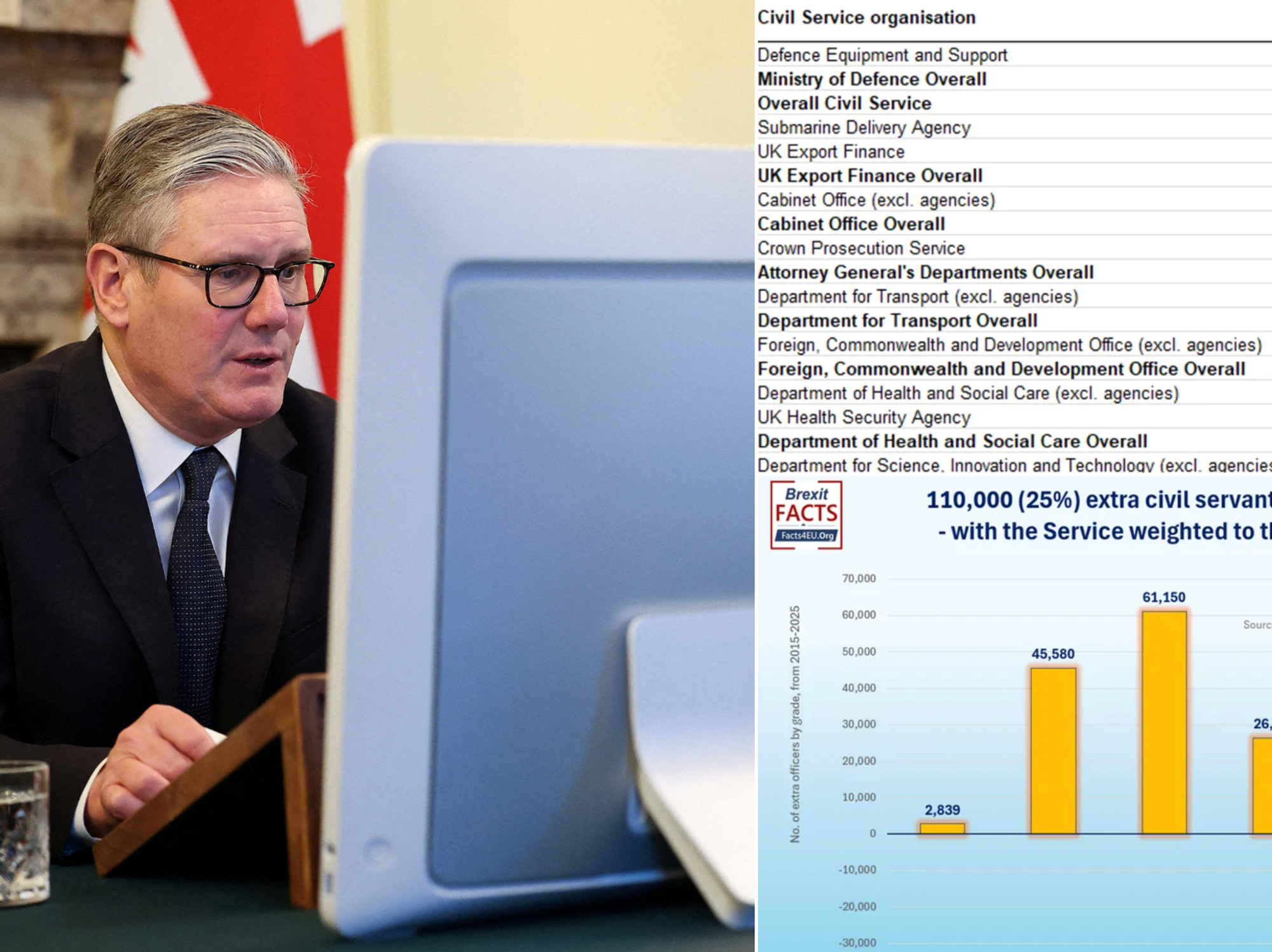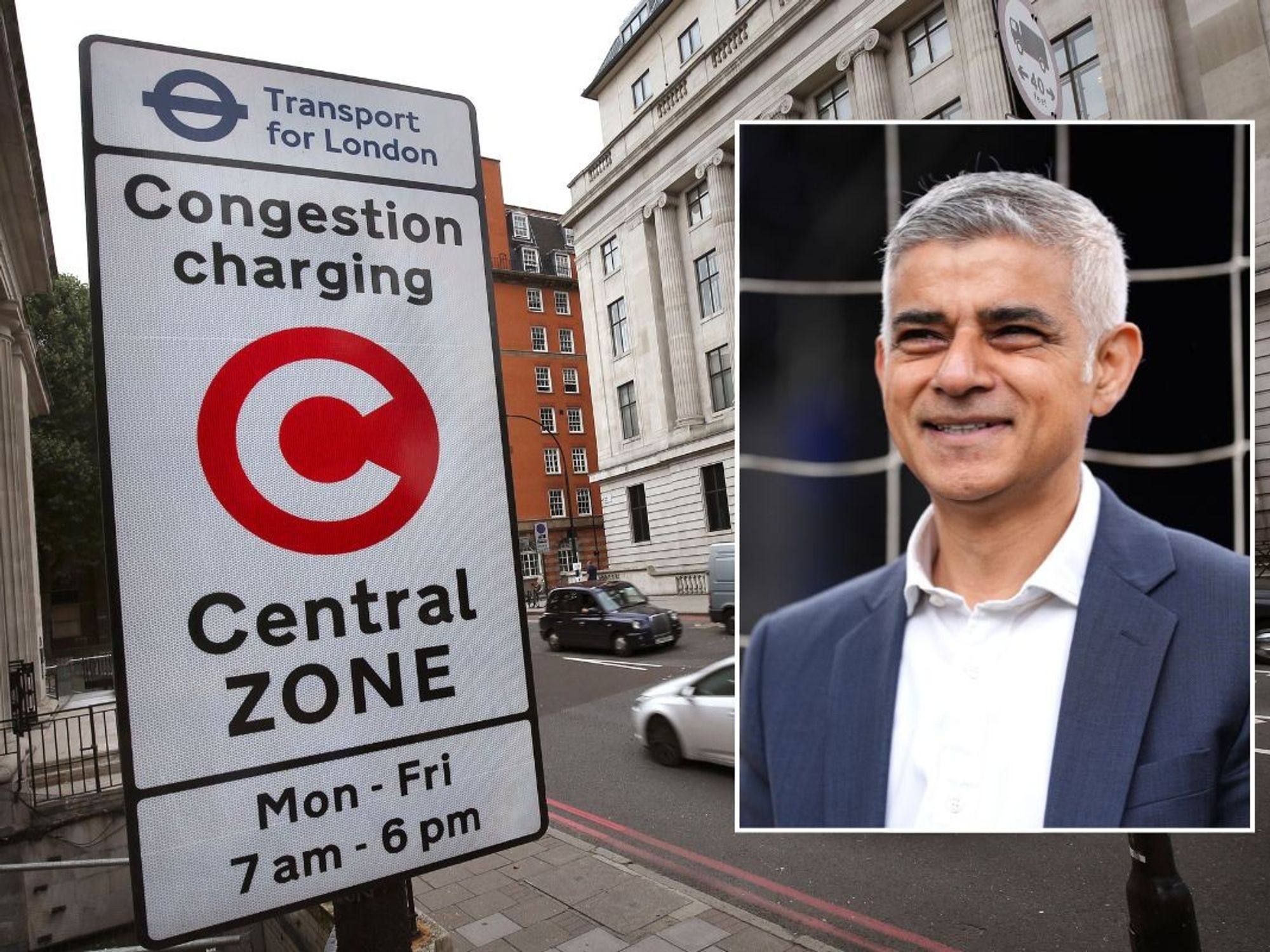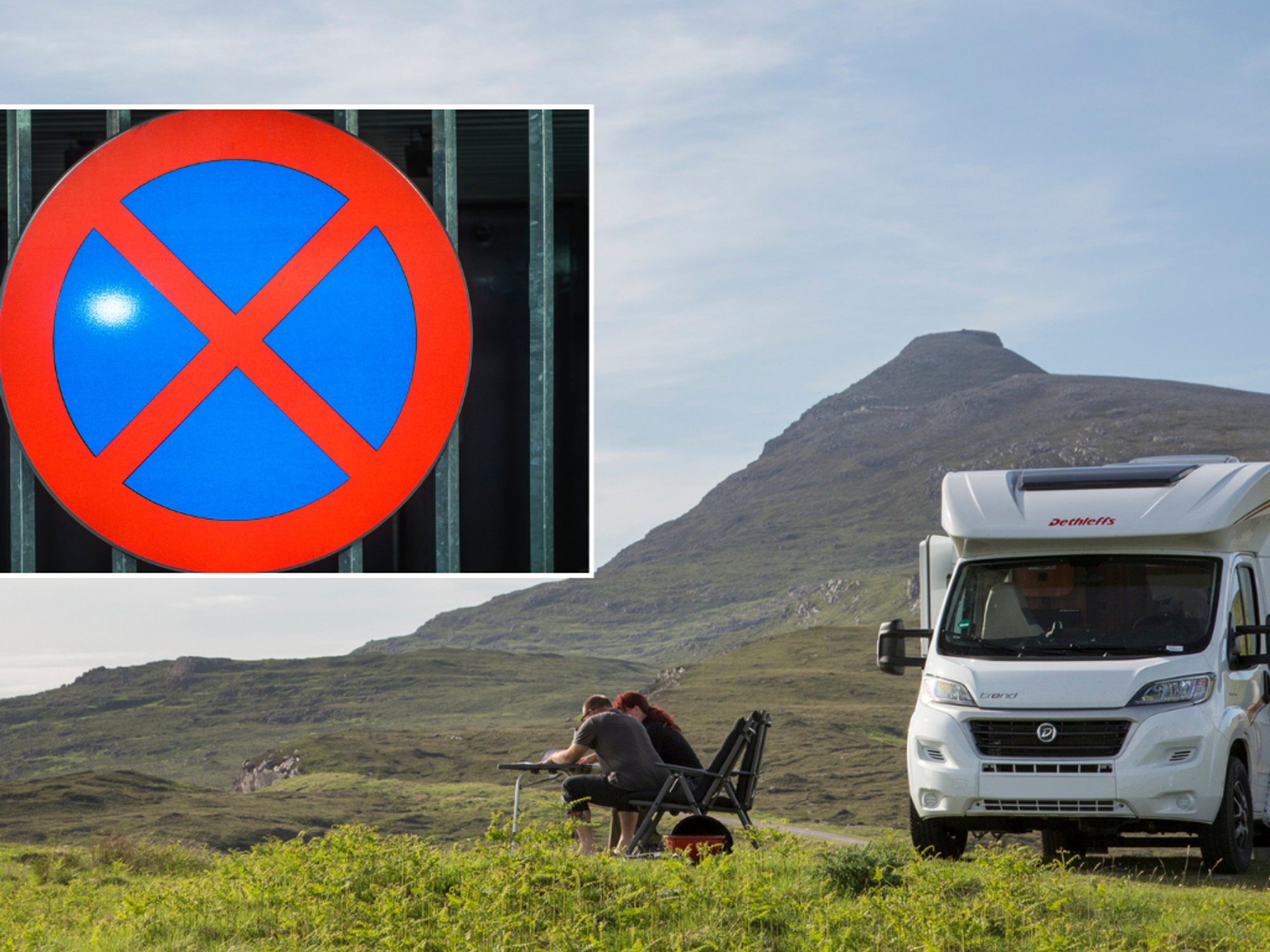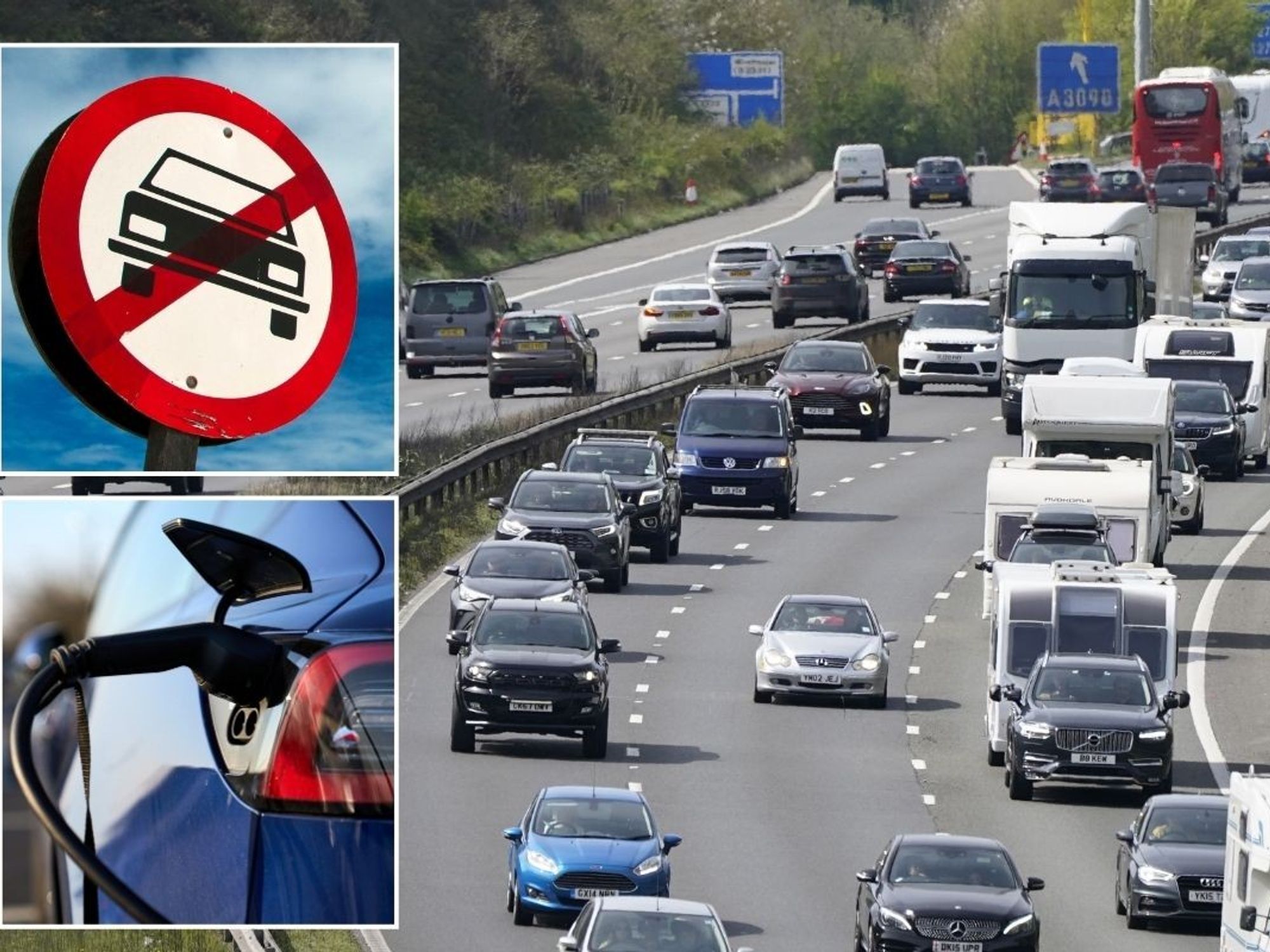'I'm an expat - if you're moving to France there are some things you need to know'

GB News is talking to expats across Europe and the world who have exclusively revealed the best places to live, tips and tricks for moving abroad, and the potential pitfalls to avoid. This week, an expat in France gave a heads-up to those considering making the move
Don't Miss
Most Read
Latest
Expat Janine Marsh unexpectedly fell in love with France when she took a trip with her husband and father some 20 years ago.
She initially went to buy wine but ended up purchasing a house in Pas-de-Calais. After a few years of splitting her time between her French home and her home in Beckenham, London, Janine decided to take the plunge and relocate for good.
Janine previously spoke to GB News about her move to France and her "must-see" destinations.
She also named the "brilliant" city you need to visit - it's so beautiful it made her cry.
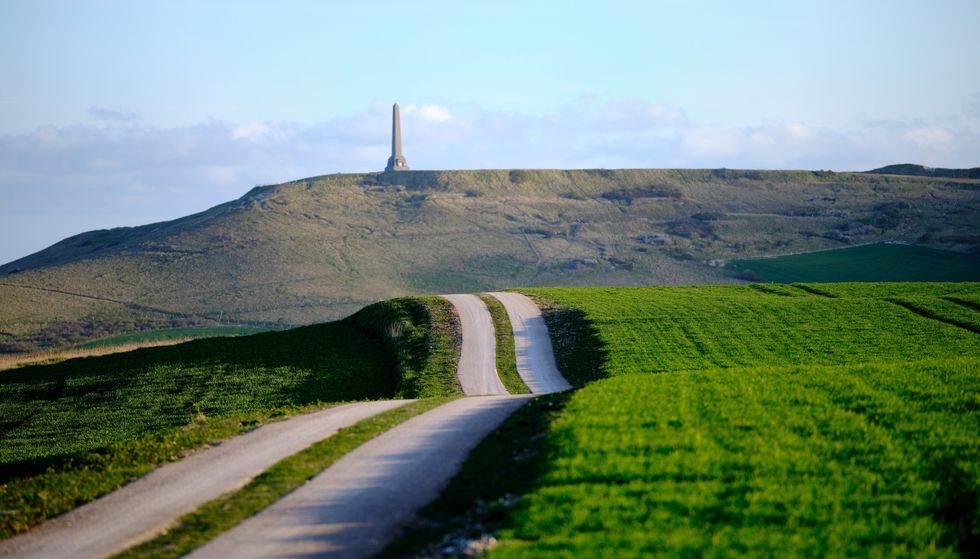
Janine relocated from London to rural Pas-de-Calais
| GETTY IMAGESThis time, Janine shared the quirky differences between life in France and life in the UK.
Answering the question, "Is there anything you need to know before moving so it won't take you by surprise?" Janine answered: "Where do I start?"
While she is very much used to life in France now, it definitely took some getting used to.
Hunting
The expat said: "Hunting is a big thing here. In my village, there are several hunting clubs and they practice from March to September. I have to say, we do not walk our four dogs at the weekend as that’s when they’re mostly out and about.
"I’m not keen on it, but I moved here and it’s part of the deal in the countryside."
Bureaucracy
Another thing Janine had to get used to was the administration. She stated: "The French are world-class bureaucrats.
"I mean that’s not that much of a surprise because everyone says the same, but I think I was surprised at the true level of bureaucracy. The ethos of 'time is money' doesn’t apply in France.
"I read that the average French manager spends more than 16 years of their life in meetings, which equates to at least 5,844 days or 140,256 hours if you include leap years.
"When you think that the average marriage in the USA lasts eight years, it’s really quite astonishing.
"I've had to buy two filing cabinets to store all the paperwork that has been generated by various government agencies over the last few years.
"And you need to keep every sheet of paper for years because, at some point, someone official is bound to want to see it. Even though things are moving more online in France, you’ll frequently be asked for a copy of your tax payments, electricity bill, rates, phone bill, driving licence, birth certificate and marriage certificate."
"I haven’t yet been asked for my school report, but it's only a matter of time," the expat joked.
Janine continued: "Things are moving online but that hasn’t made it much easier frankly. That said, if you have an issue with tax, for instance, and need to speak to someone, every town has a tax office where you can go and speak face-to-face to a real person. I like that."
Supermarkets
Another thing Janine had to acclimatise to was the opening and closing hours of major supermarkets.
She revealed that they all close at 8pm - so it's important to plan ahead - and very few are open 24 hours a day.
Doctor's surgeries
The expat was pleasantly surprised by the healthcare though - it's "so much better" than she imagined.
Indeed, Janine said: "My doctor apologises if I can’t get an appointment the same day - but I normally do."
LATEST DEVELOPMENTS
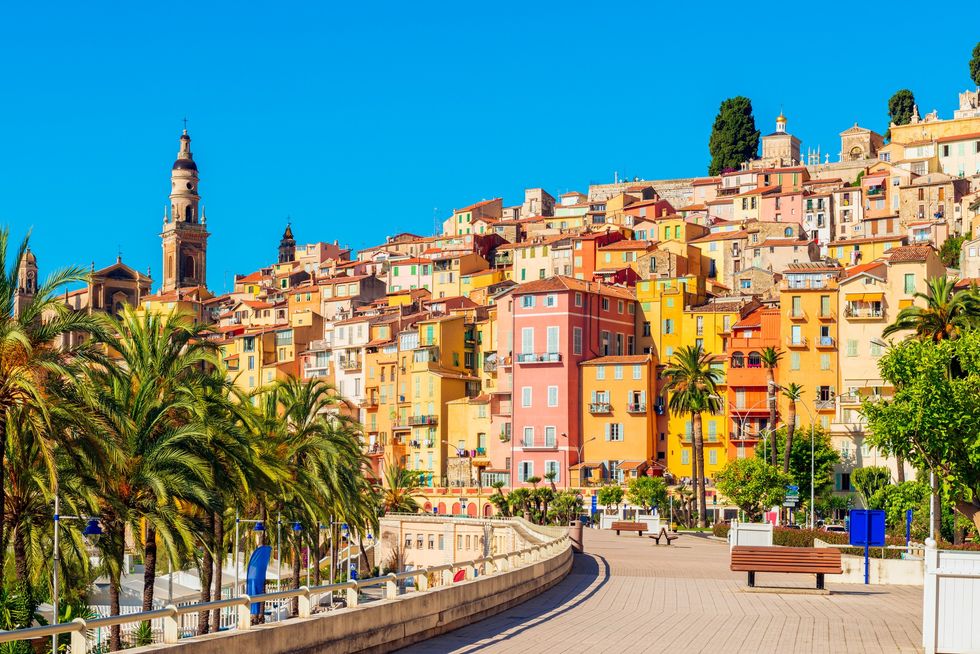
Before moving to France, there are a few things you need to know
|GETTY IMAGES
Driving
One more thing that surprised Janine about living in France was a particular driving law. She revealed: "If you lose your licence in France you can still drive A VSP car (voiture sans permis).
"It’s a small two-seater that anyone aged 14 and over can take out after four hours of driving lessons. The top speed is 45km (28 miles) per hour," she explained.
"They’re popular with those who have lost their license and little old ladies who have lost their husbands and never learned to drive. But what’s most surprising to me is if you lost your license for drink-driving, you’re allowed to drive one of these cars."
As for the other things that might surprise Britons in France, Janine concluded: "Pillowcases are square. Plug sockets in the bathroom are normal. French people dip their croissants in coffee like we dip biscuits in tea."
Janine is the author of several best-selling books and the editor of The Good Life France, for everything you want to know about France and more.





